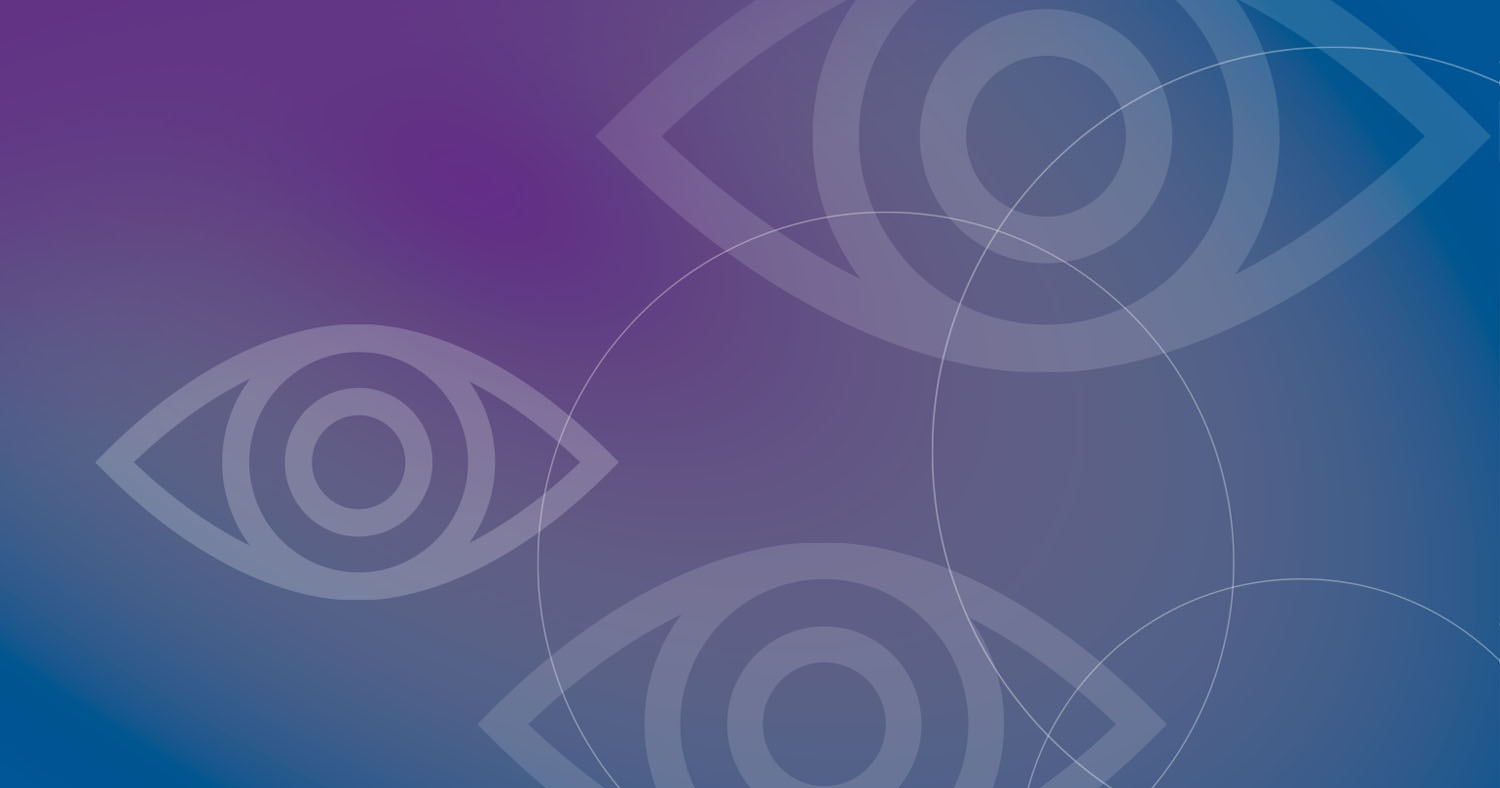Vision disorders are more prevalent in children born more than 3 weeks prematurely or with low birth weight, have a diagnosis of neurodevelopmental delay, or have other special health care needs.
Children with vision problems may not complain that it is hard to see because they do not know how they should see, and it can be hard for an adult to recognize them. This is especially true for children with special health care needs where other more prominent conditions may take medical precedence.
All untreated vision disorders can interfere with a child’s development – cognitively, physically and socially – and need to be addressed as soon as possible.
The FIRST STEP in vision care for children with special health care needs is a comprehensive eye exam by and eye doctor experienced in treating children. Even if your child received a pass on a vision screening at the pediatrician’s office, preschool or school, an eye examination by an eye doctor is the only way to understand how well your child sees, and/or if your child’s vision may be impairing their developmental progress. It is especially important that children with special health care needs maintain regular eye exams.
Taking Action: The Massachusetts General Law: An Act Relative to Eye Examinations for Children, 2004, states that children with a diagnosis of neurodevelopmental delay must be referred for a comprehensive eye exam by an ophthalmologist or optometrist before entering Kindergarten. The results of the eye exam should be given to the school, along with any prescribed treatment and follow-up protocols.
Listen to a parent’s perspective: Developing Eyes
RESOURCES
Vision Problems Signs and Symptoms
Eye Doctors in Massachusetts Serving Individuals with Intellectual Disability
Vision and Vision Loss Resources for Students
Perkins School for Blind: Infant-Toddler Referral Form
—————————————

